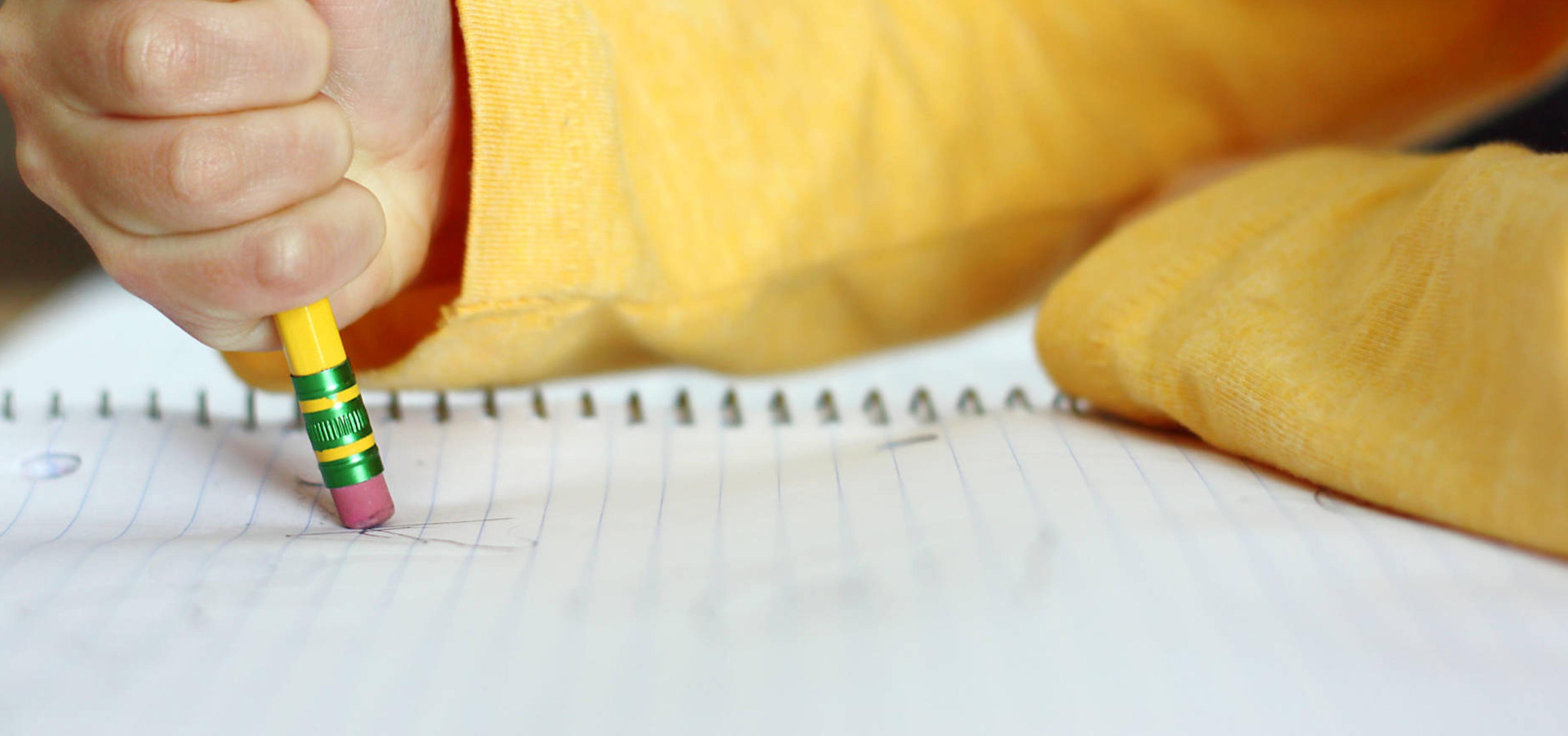The Montessori approach to education emphasises the importance of allowing children to make mistakes as a natural and necessary part of the learning process. Contrary to the traditional view that mistakes should be avoided at all costs, Montessori educators believe that making mistakes is a good thing, and that they can be valuable opportunities for growth and learning. We will explore the benefits of embracing mistakes as part of the Montessori approach.

Benefits of embracing mistakes:
- Encourages risk-taking and experimentation: The Montessori approach emphasises the importance of allowing children to experiment and explore their environment. When children are free to make mistakes, they are more likely to take risks and try new things, which can help them learn and grow in unexpected ways.
- Builds resilience and self-confidence: When children are allowed to make mistakes without fear of judgement or punishment, they develop resilience and self-confidence. They learn that mistakes are a natural part of the learning process and that they can bounce back and try again.
- Fosters a growth mindset: The Montessori approach promotes a growth mindset, which is the belief that intelligence and abilities can be developed through effort and hard work. When children are encouraged to make mistakes and learn from them, they develop a growth mindset that helps them persevere and achieve their goals.
- Provides opportunities for reflection and self-correction: Making mistakes can be a valuable opportunity for children to reflect on their actions and learn from their experiences. When children are allowed to make mistakes and given the space to reflect and self-correct, they become more aware of their own strengths and weaknesses and are better equipped to learn and grow.
- Emphasises the process over the outcome: In the Montessori approach, the focus is on the process of learning rather than the end result. When children are allowed to make mistakes and learn from them, they become more engaged in the learning process and are more likely to develop a love of learning that will stay with them throughout their lives.
In conclusion, the Montessori approach to education emphasises the importance of allowing children to make mistakes as a natural and necessary part of the learning process. When children are free to experiment and learn from their mistakes, they develop resilience, self-confidence, and a growth mindset that will serve them well throughout their lives.

